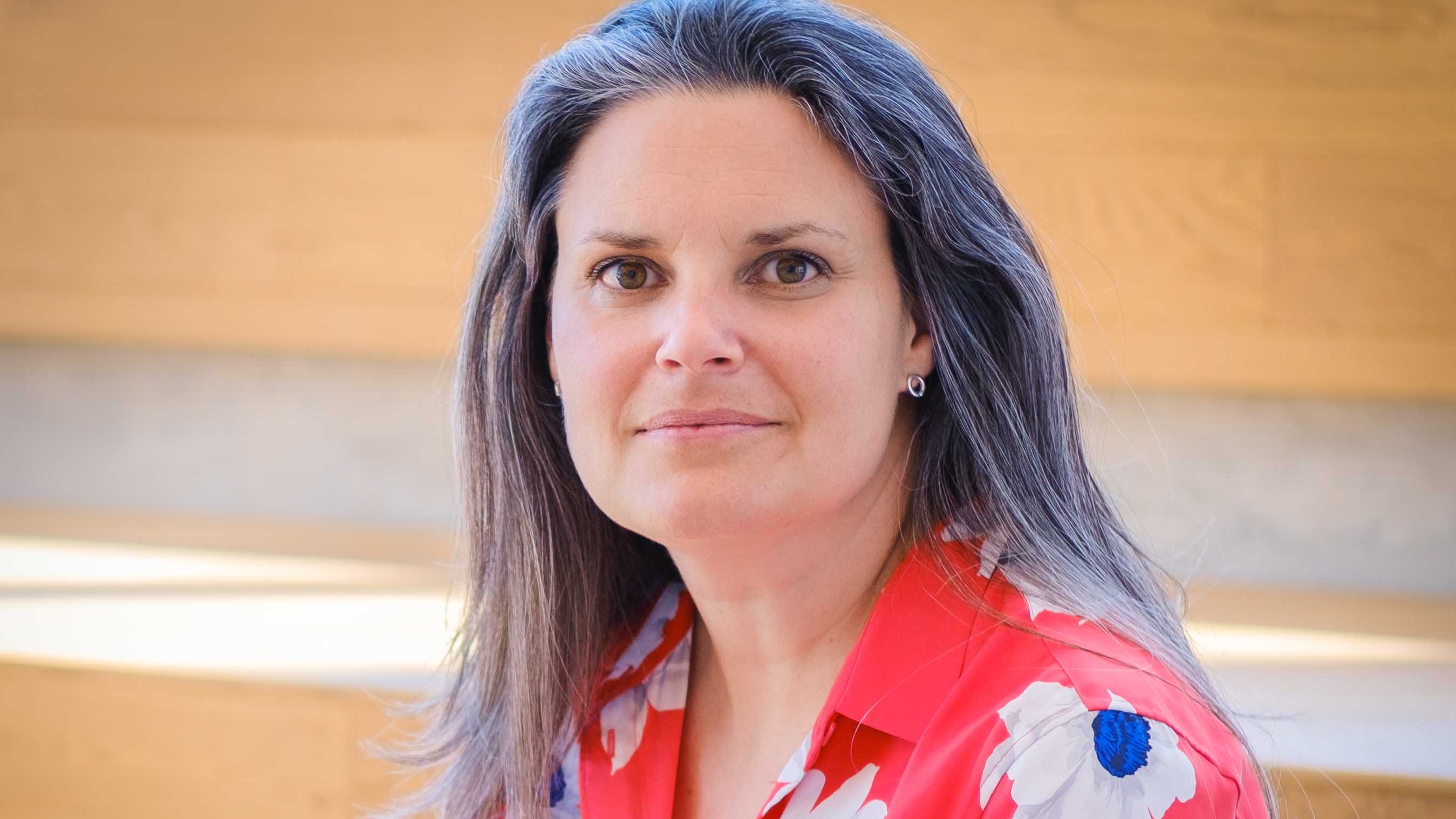
With several wars raging worldwide and the conflict in the Gaza Strip intensifying, the world seems more dangerous than ever before. The images and sounds coming from our TVs and smartphones are often difficult to process, especially when it involves the suffering of families and children.
So, it leads to the question: how do we talk to our kids about war? Guelph-Humber’s Early Childhood Studies Program Head, Dr. Nikki Martyn says it starts with having frank and honest discussions with them.
Parents play an essential role in their kids' development
According to Dr. Martyn, parents play a critical role in how children see and interact with society – how parents raise their children will impact them for the rest of their lives. In fact, these childhood experiences with our parents often dictate future partners and spouses, and how we act as prospective parents ourselves.
"[Our relationships with our parents] changes the way that we see ourselves and the way we understand the world," Dr. Martyn said. "If a child has an experience where they feel seen…. it feels magical," Dr. Martyn reflected.
Teaching resilience is key
Of course, life is unpredictable and filled with challenges and setbacks.
Dr. Martyn has seen this first-hand - she's battled several challenges in her life, including experiencing a stroke as an adult. Now an esteemed academic in the clinical child psychology and early childhood education field, she knows how vital resilience is in enabling a person to overcome obstacles in their life. She says resilience is particularly crucial for children, strengthening their ability to encounter challenges and persevere.
"The gift we're giving children is learning to be resilient, learning that they can get through things, that they can fight through it, that they could feel uncomfortable and still persevere…and that feeling of victory at the end is phenomenal," Dr. Martyn said.
Be honest and authentic with your child
Dr. Martyn says that when parents experience stress, fear, or negative emotions, they sometimes hesitate to share it with their children because they fear hurting them. But she also says children can pick up on these emotions and believe parents feel this way because of something the child did.
"[I can say] I'm feeling sad because these things [are] happening in the world, and it's affecting me, and it's not about you, and you are safe," Dr. Martyn emphasized.
Turn off the TV and your phone… but also teach your kids about self-regulation
For Dr. Martyn, it starts with limiting TV and how much news we and our children consume. It also means teaching them how to manage their feelings more constructively when they do see traumatic things happening in the world.
"We need to be able to give children the opportunity to learn to self-regulate [so] that they can manage their own feelings," Dr. Martyn reflected.
Watch Dr. Martyn's interview on CP24 and follow @guelphhumberuni to stay in the loop.

